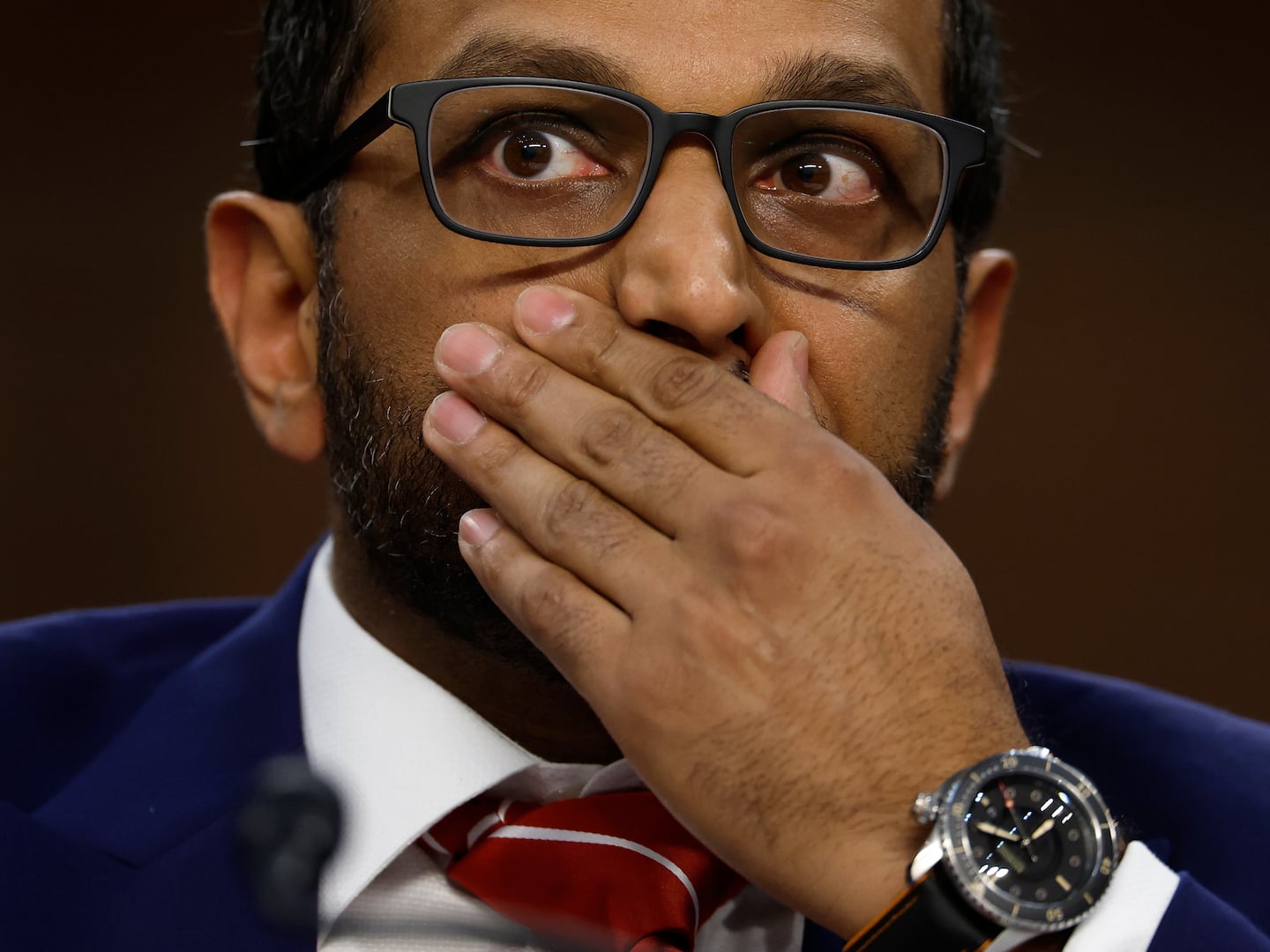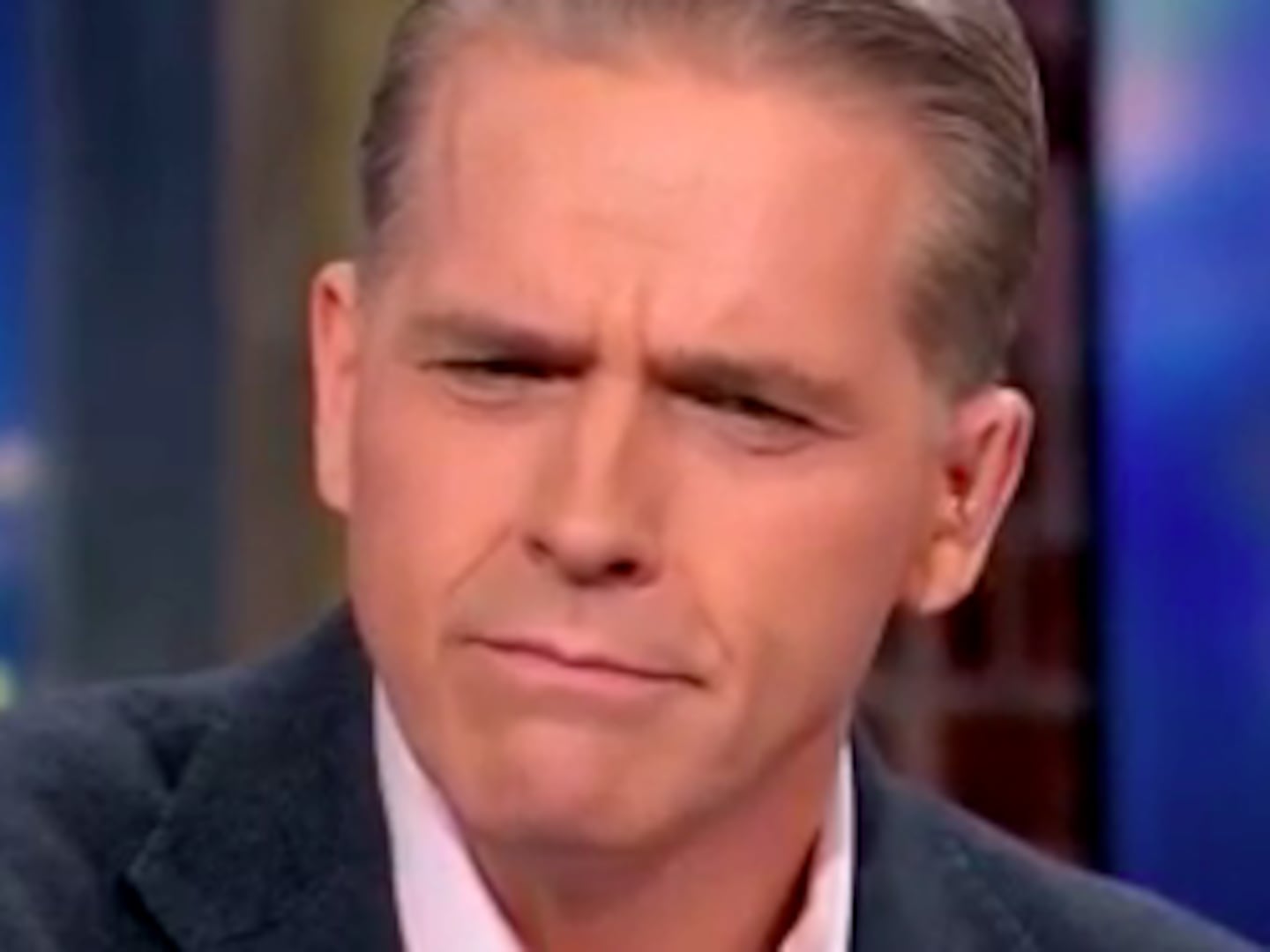Another brawl broke out Monday night at an airport, this time in Florida, when a contract dispute with pilots forced Spirit Airlines to cancel dozens of flights. It was merely the latest match thrown into the airline tinderbox. This confrontation comes on the heels of the story of United Airlines dragging a paying customer off of a flight, a mother and baby nearly being hit by a stroller during an altercation with an American Airlines flight attendant, and a California family being removed from a flight by Delta Airlines.
Hostility in TSA lines, airports, and airplanes seems to be reaching a fever pitch. America may be coming apart, but planes are becoming the final frontier in this uncivil war, where in terms of action on a plane, the fight club has replaced the mile-high club. “Even five years ago, when I’d ask passengers to put their seats up and stow their bags, they did it,” writes Heather Poole, a flight attendant and author of the New York Times bestseller Cruising Attitude: Tales of Crashpads, Crew Drama and Crazy Passengers. “Today they want to argue about rules and regulations as if they might be able to change them on the spot, as if I have time to discuss how it’s about their safety and the safety of everyone around them when I only have a few minutes to finish checking the rest of the cabin.”
It’s probably no surprise our latent anger and anxieties are coming out when we fly. As seats have gotten smaller and security tighter, the entire experience of air travel has become increasingly uncomfortable. People in airports and on airplanes are shuffled about, told what to do, held to rigorous guidelines of behavior—it’s bound to boil over at some point.
As a frequent flier (with American Airlines), most of my experiences have been positive. Part of the reason I have fared so well is that I have both CLEAR and TSA pre-check to expedite the security process. What is more, I have attained a level of status (based on the miles accrued and dollars spent, I’m considered “Gold” status) with a major airline (rather than purchasing the cheapest fare).
Some people see this as an example of privilege; I see it as tantamount to buying protection.
The other reason I haven’t had problems is that I treat flight attendants the way I treat the police when they pull me over. My hands are at 10 and 2, I don’t make any sudden movements, and I answer their questions with “Yes, sir” or “Yes, ma’am.” I don’t question their decisions.
This is a wise policy. At least, it is better than the alternative, which is to challenge their authority. They don’t like that. Consider the case of Brian Schear, who was kicked off a Delta flight recently. He paid for a seat and wanted to give it to his 2-year-old son. When he refused to give up the seat, an airline employee warned him that “You and your wife could be in jail and your kids will be in foster care.” That’s right, they threatened to put his kids in foster care! Is it any wonder that people are going insane?
Once thought of as glorified waiters and waitresses who were too often treated as sex objects, flight attendants now essentially have what feels like omnipotent police powers. It’s unclear if they are there to serve us or command us. This creates a sort of cognitive dissonance. To be sure, we should always treat everyone with respect―but should I have to treat the people who bring me a Diet Coke and pretzels with a degree of deference typically afforded only to those carrying a badge and a firearm? Should I have to walk around on pins and needles to keep them from tasing me or from forcefully removing me from my flight? I’m not sure about the answer to that, but—just to be safe—that’s my plan.
The truth is, in this post-9/11 world, flight attendants span an uneasy intersection between hospitable waiter and police officer. This creates multiple mixed signals and false expectations.
Think of it this way: If you went to a hotel, you would never expect the front desk staff to evict you from your room. However, your hotel can’t be used as a guided missile. So why do we expect them to treat us like hotel guests? Flight attendants have a nagging fear lurking in the back of their minds. If a passenger on their flight becomes unruly, flight attendants cannot predict the outcome.
More and more, it occurs to me that being a flight attendant actually is analogous to being a cop—both in terms of the swagger and ego trip—and in terms of the danger and responsibility. Like the police, flight attendants are outnumbered and never know whom they are dealing with. If flying makes you cranky, imagine doing it while having to wait on others with a smile while you fly. (In allegedly toxic uniforms, no less.)
And, just like with police officers, the public now appears more than ready to fight back at any perceived abuse—either with a punch aimed at a fellow passenger or an angry tweet aimed at the airline. We might also be on the verge of a pseudo arms race where passengers are looking to pick a fight with flight attendants—knowing that public sympathy (and the potential for a cash settlement) could be the result.
The common thread in all of these stories is that they were captured on video using the phones we carry everywhere. “I knew we were in trouble years ago when an oxygen mask fell out of the compartment during flight,” said Poole. “We reassured passengers multiple times that there was nothing to worry about. Still 6 passengers had to get up to photograph it. Everyone’s a journalist now.”
It turns out that there are snakes on a plane. “Go to an airline’s Facebook page. Read the comments,” Poole tells me. “‘Kill flight attendants’ was a popular one after the last incident we all watched—the end of. We didn’t see how it escalated the way it did, we only saw the tail end. But that’s all we need in today’s world to form an opinion and react. Then when I run out of Coke it’s like, “F you! This airline sucks!’”
Americans need to realize that the ability to board an airplane and fly halfway across the nation in a couple of hours is a miracle (it used to take much more time, cost, and risk to accomplish it). The fact that you can fly for $99 (in some cases) is even more miraculous. Sometimes I think we forget how fast (and cheap) air travel is.
So how do we resolve this? Since the airline passenger’s bill of rights doesn’t seem to have fixed these mounting problems, something has to change. It seems within the realm of possibility that we will see some additional governmental regulations designed to protect consumers. The free market doesn’t seem to be working right now. On domestic flights, it seems like it is more profitable to haul the maximum number of people as quickly as possible, than it is to provide better amenities or service. However, airlines should factor in the cost of litigation and bad press when they evaluate their performance.
But wouldn’t it be better to do this voluntarily? Instead of the government getting involved, I think airlines should take these criticisms and start treating passengers more like hotel guests and less like steerage freight. Flight attendants need to focus more on the flying experience, and less on hauling cargo from point A to point B. At the same time, we passengers need to up our game. After all, it takes two to tango. Might I suggest we agree to an Airline Passenger List of Manners to go with the Bill of Rights?





